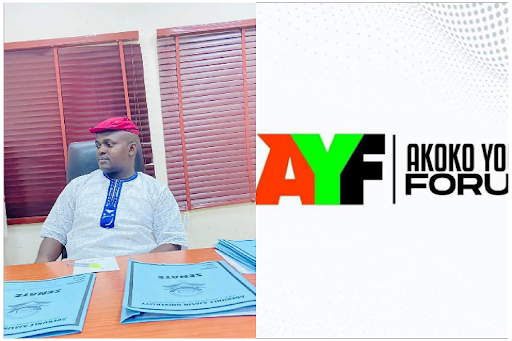The Federal Government’s recent decision to adopt computer-based testing (CBT) for the Senior School Certificate Examination (SSCE) beginning in 2025 marks a significant policy direction. While the ambition to modernise education is commendable, the timeline and current state of readiness across the country raise serious concerns.
Education Minister, Dr Tunji Alausa, announced the shift following a CBT pilot exercise conducted by NECO in Abuja. He indicated that both NECO and WAEC would implement full CBT by November 2025, with all essay and objective papers to follow suit in 2026. While this move reflects a desire to align with global trends, it may be overly optimistic given the current conditions in many public schools across the country.
Large segments of the education system still grapple with basic infrastructural deficits. From cities to rural communities, schools are contending with outdated facilities, limited access to computers, and unreliable electricity. In many public secondary schools, ICT labs remain under-equipped or completely absent. Even students at senior levels often lack regular exposure to digital tools. Without proper access, a nationwide rollout of CBT risks creating unintended barriers for students who are already at a disadvantage.
The challenge is especially pronounced in areas affected by insecurity. In parts of Borno, Yobe and Adamawa, hundreds of schools have yet to reopen due to conflict, and many more operate in precarious conditions. These regions require tailored interventions and considerable infrastructural support before any digital transition can be effectively introduced.
The government’s broader educational spending also invites scrutiny. Of the N54.99 trillion national budget, just 7.08% has been allocated to education, below the previous year’s figure of 8.21%, and still short of UNESCO’s 15–20% benchmark. For digital examinations to succeed, substantial investment in teacher training, ICT facilities and curriculum updates will be critical.
There is also the question of practical implementation. The CBT format is well-suited to objective testing, as seen in exams like the UTME. However, the SSCE assesses essay-based subjects such as Literature, History and Government, where written expression and critical reasoning are central. Many global examination bodies, including those in the United Kingdom, continue to use traditional handwritten formats for such subjects due to their effectiveness in evaluating higher-order thinking.
It would also be helpful for the Federal Government to clarify the scope and extent of WAEC’s involvement in the proposed reforms. As a multinational examining body, WAEC operates in several countries where CBT is not currently standard for the SSCE. A more transparent and consultative approach will help avoid confusion and ensure alignment across member states.
Policy change, especially one with nationwide impact, works best when it is gradual, inclusive and based on comprehensive data. Pilot programmes provide useful insights, but scaling them to a national level requires a nuanced understanding of diverse local contexts. Stronger coordination with state governments, school administrators and teacher associations could foster a more effective and inclusive pathway to digitisation.
The Ministry of Education may also wish to consider a phased approach, beginning with urban schools that already possess the infrastructure to support CBT. This could be followed by targeted investments in underserved regions to close the digital gap. Such a strategy would allow for lessons to be learned and adjustments to be made before full implementation.
In the end, the objective of reform must remain clear. That is, to improve learning outcomes and ensure fairness for all students, regardless of location or background. The introduction of CBT has potential, but it should not come at the cost of accessibility or equity.
Every Nigerian child deserves not only a modern education but also the tools to participate fully in it. Building strong foundations, in classrooms, in training colleges, and in policy planning, is essential to ensure that digital progress is both meaningful and sustainable. A well-prepared rollout of CBT will serve the nation better than a hurried one.









